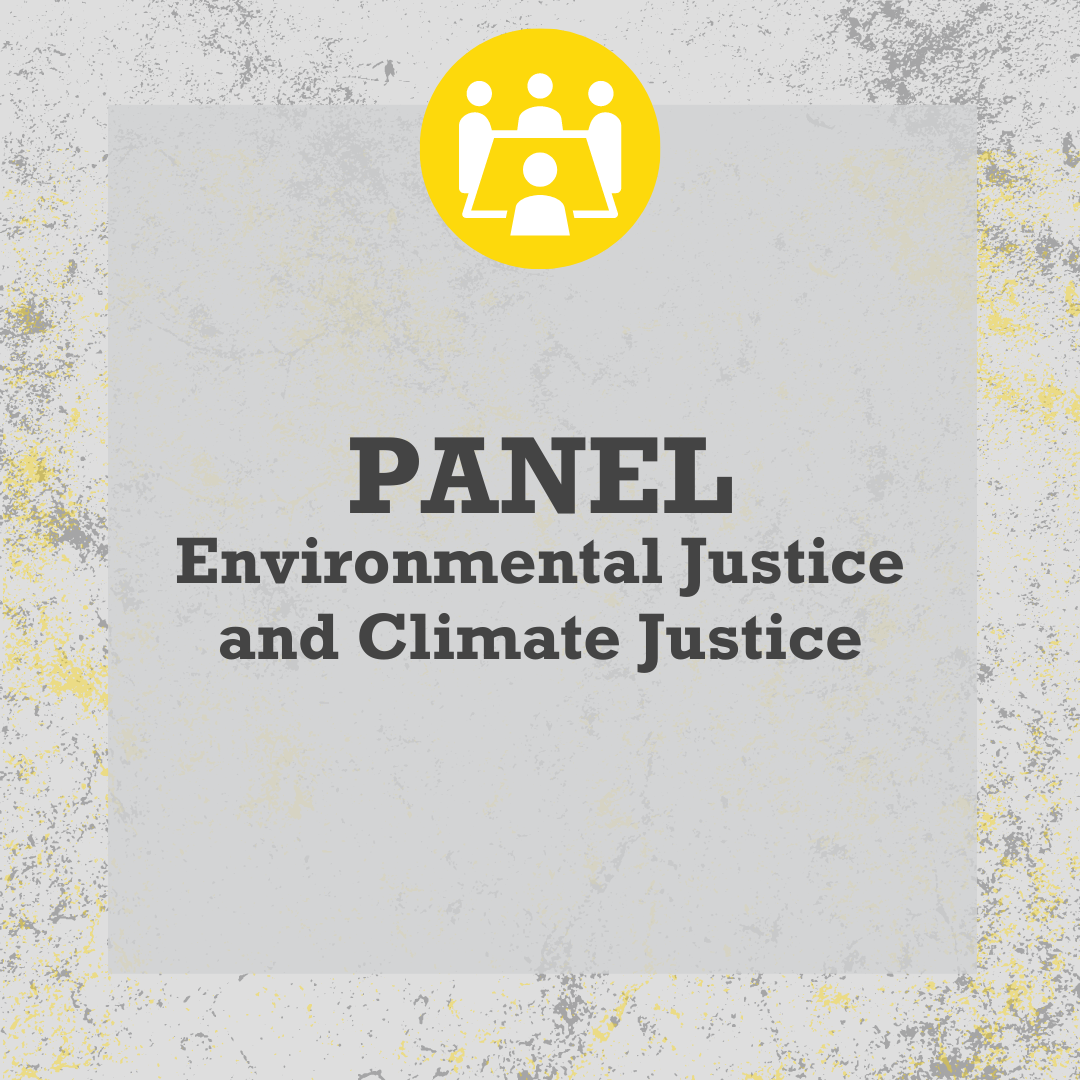
VIDEO VAULT
Monday, November 15

Tuesday, November 16

Wednesday, November 17

Thursday, November 18

Friday, November 19
































































